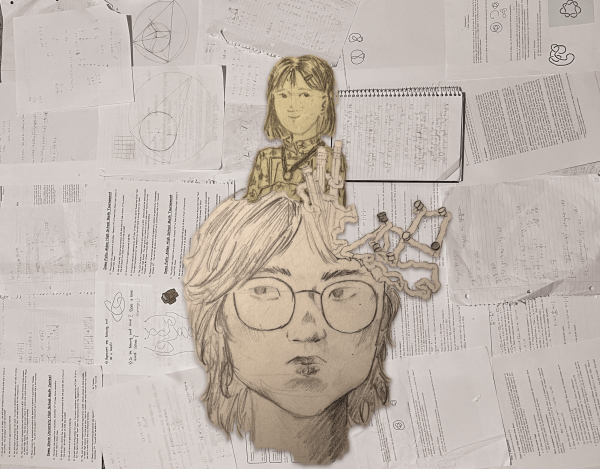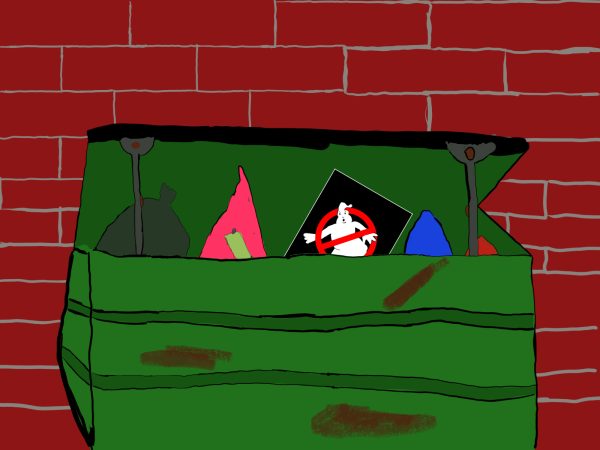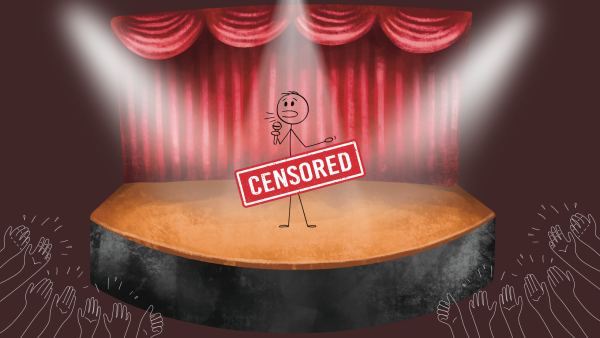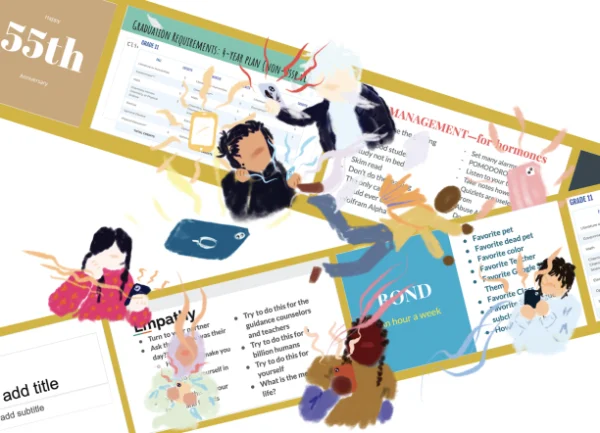The (al)most wonderful time of the year
How something other than the Grinch has been stealing my cold weather spirit this fall.
October 23, 2017
For absolutely as long as I can remember, my favorite part of the year has been the month of December and the time leading up to it. I’ve always loved the chilly weather and the festive spirit around this period. Watching the leaves fall in early autumn has always brought excitement to me, but this year has felt a little different.
Last spring I was formally diagnosed with a common form of general depression and anxiety after struggling with my mental health for the past few years. This seemed to be a concluding step in what’s been a long and grueling process. I’ve been officially diagnosed and have formed a treatment plan- things are going to go back to perfect, right? Well, not quite.
This fall I’ve had quite a hard time forcing myself to leave my house to do the things I love to do. I’ve been less interested in spending time with friends and family and instead finding myself taking lengthy naps instead of being productive. I’m not feeling super depressed, per say, I am just feeling overwhelmingly numb. I’m not experiencing nearly any joy from the things I usually love.
I am just feeling overwhelmingly numb. I’m not experiencing nearly any joy from the things I usually love.
— Lucy Polyak
After much research and speaking to my wonderful therapist, I’ve come to realize that I am struggling with Seasonal Affective Disorder (SAD). This means basically that when the weather gets cold, so does my mind. While everyone else has been getting excited about watching scary movies in October, eating a big turkey on Thanksgiving and baking holiday cookies with their friends this December, I’ve been fighting my atypical numbness just to get out of bed most days.
SAD is different for everyone who experiences it, but there are some commonalities among cases. These include things like oversleeping, tiredness, irritability, heavy feelings in the arms or legs, appetite changes or hypersensitivity. Each of these symptoms has its own ways to ruin a seemingly perfectly good day. The severity of these symptoms ranges from case to case, and even from day to day.
I have fantastic friends and family, quite a bit of success in school and I fill my free time with things that I enjoy; these things all seem as though they should add up to a happy life where I feel comfortable in my own skin. However, my biological clock has become messed up on account of something as small as having less access to sunlight in the fall and winter.
My biological clock has become messed up on account of something as small as having less access to sunlight in the fall and winter.
— Lucy Polyak
In other words, those already suffering from mental illness have a circadian rhythm that can easily become disrupted when cool weather brings darker months. This has lead to my body wanting to shut down and lay in bed so that I don’t have to face things in the outside world.
So where does one go from here? There are simple solutions like finding ways to access more light, keeping a semi-strict schedule, journaling, and taking time to exercise. If none of these seem to be helping, speaking to a doctor about your experiences with SAD may prove to be beneficial. This is a very treatable type of mental illness, but the road to recovery is different for each individual.
For me, finding reasons to see my friends and create art has been a key motivator. I try to make plans that I force myself to stick with and structure as much of my free time as possible. I’ve been substituting naps for dance recesses to keep my energy up. I keep my windows open in my room to let the light in. I’ve been finding the silver linings in any rough thing that life has thrown me.
If this fall has felt especially tough for you and you’re not sure why, please consider talking to someone about the possibility of you having SAD. From there, you can decide what treatment route is right for you. No one should suffer because of their brain all alone; help is always within reach.
Lucy can be contacted at [email protected] for any questions or comments regarding the content of this column.


















Craig Bancroft • Oct 23, 2017 at 11:22 am
I commend this young journalist for having the intestinal fortitude to be so open with her emotional health issues! Good luck to her in trying to overcome these issues and be the best she can be going forward!???